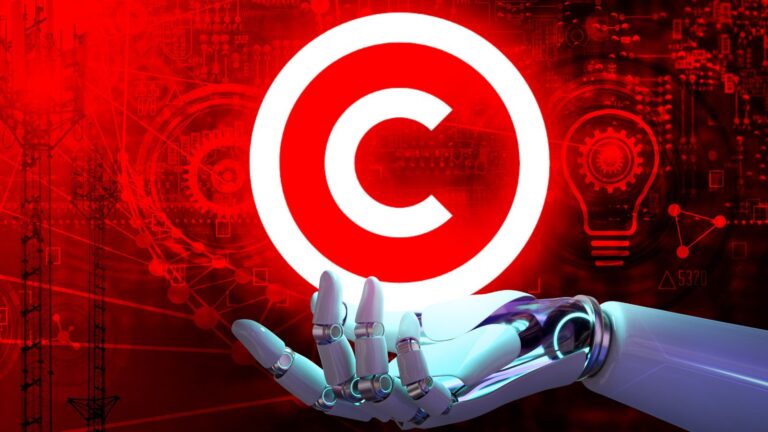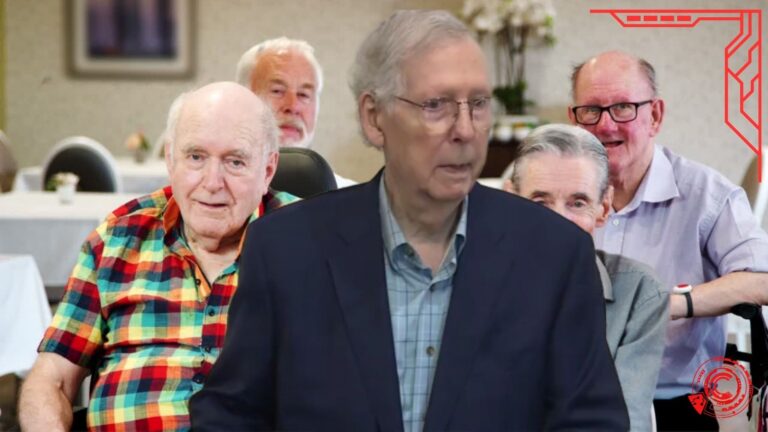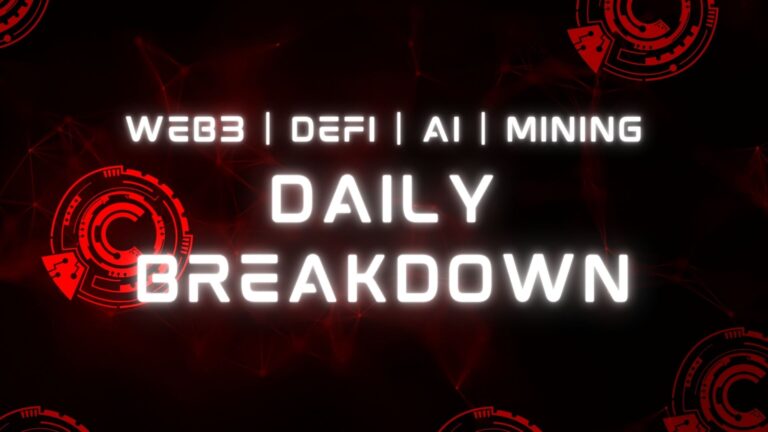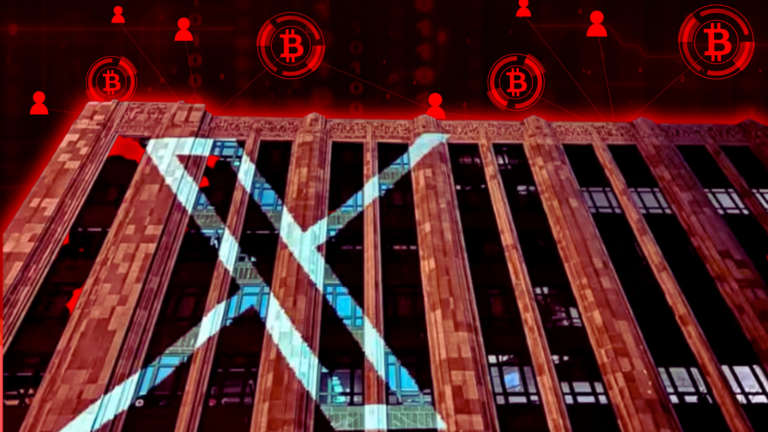
TL;DR: The U.S. Copyright Office is nearing the end of its consultation period for new regulations concerning generative AI technologies like Midjourney, ChatGPT, and Google Bard. As the tech giants behind these models train them using vast amounts of crawled web data, they are being accused of infringing on copyrights. The new regulatory moves will have a considerable impact on the future of AI, the internet, and creative industries at large.
What Does This Mean for AI Content Generators and Software Developers?
The implications of these developments are manifold. For one, they may require changes in how generative models are trained and used, thereby affecting the ongoing and future projects in the AI community. Secondly, it potentially impacts software developers who may find themselves in legal crosshairs for developing or deploying AI that uses copyrighted material. Finally, it may compel the big tech companies to fundamentally rethink their data collection strategies.
A Tipping Point in Regulation
The U.S. Copyright Office is taking the last steps in its consultation process for drafting new rules around generative AI technologies. With public comments open until October 18, the office aims to address “widespread public debate about what these systems may mean for the future of creative industries.” The discussion encompasses fair use, liability, and even the ethical dimensions of AI imitating human artists.
The Legal Quagmire
Generative AI technologies such as ChatGPT and Google Bard were created using massive amounts of data collected by web crawlers. These crawlers indiscriminately collect information, including copyrighted works. The major issue here is that these works are being used to train AI models without any compensation to the original creators. This lack of compensation has led to lawsuits against big tech companies like OpenAI, Microsoft, and Meta.
Creative Rights and Fair Compensation
While generative AI is seen as an evolutionary leap in technology, the repercussions for authors, visual artists, and source code developers are profound. Copyright lawsuits are just the tip of the iceberg. What happens when generative AI begins to create content that competes directly with human creators?
Striking a Balance
In its regulatory initiatives, the Copyright Office is grappling with numerous contentious issues. This includes whether AI-generated material is eligible for copyright, how to approach AI systems’ liability for infringement, and even the ethical considerations around AI outputs mimicking the “identity or style of human artists.”
Who Owns AI-Generated Content?
The Copyright Office has made it clear that as of now, AI-generated content is not eligible for copyright protection unless a human is explicitly involved in its creation. This sets a precedent that challenges the very notion of creative control in an AI-dominated world.
The Future of AI, Content Creation, and Copyright Law
Navigating the complex terrains of AI and copyright law will require nuanced understanding and innovative solutions. Both the creative community and the tech industry must collaborate in shaping a framework that respects the rights of human creators while also enabling the beneficial deployment of generative AI technologies.
In conclusion, we find ourselves at an inflection point. As technology races ahead, it’s clear that the laws governing our digital frontier can’t remain static. Regulatory agencies must rise to the occasion, understanding that the constraints of yesterday shouldn’t stifle the possibilities of tomorrow. It is not just about protecting copyrights; it is about fostering an ecosystem where both human ingenuity and algorithmic capabilities can coexist and flourish. Only then will we be able to fully harness the unbridled potential of a decentralized, open-source future.
Thank you for reading “Generative AI & Copyright Law: The Clock is Ticking for Regulatory Clarity“.
- Subscribe to our newsletter: ConsensusProtocol.org
- Follow us on Twitter: @ConsensusPro
Sources
- U.S. Copyright Office Public Comment Period Notice
- Interviews and Statements from Major Tech Companies
- Legal Filings Against OpenAI, Microsoft, and Meta
- The U.S. Copyright Office’s AI Initiative Documentation
- Statements from the director of the U.S. Copyright Office, Shira Perlmutter
Recent Stories

Generative AI & Copyright Law: The Clock is Ticking for Regulatory Clarity
The vanguard of global commerce has been swept up in a wave of change, as over 62% of Fortune 100 companies…

The 2024 Election: A Crucial Juncture for Crypto Policy and Fresh Leadership
TL;DR: The 2024 U.S. presidential election comes at a crucial time, calling for fresh leadership and…

Today’s Highlights From Within the Crypto World
TL;DR: Today’s cryptocurrency landscape saw significant legal victories, regulatory shifts, and technological…

The Game-Changer: X Secures License for Crypto Operations
TL;DR: X, the social media platform formerly known as Twitter, has acquired a license in Rhode Island…
No posts found
